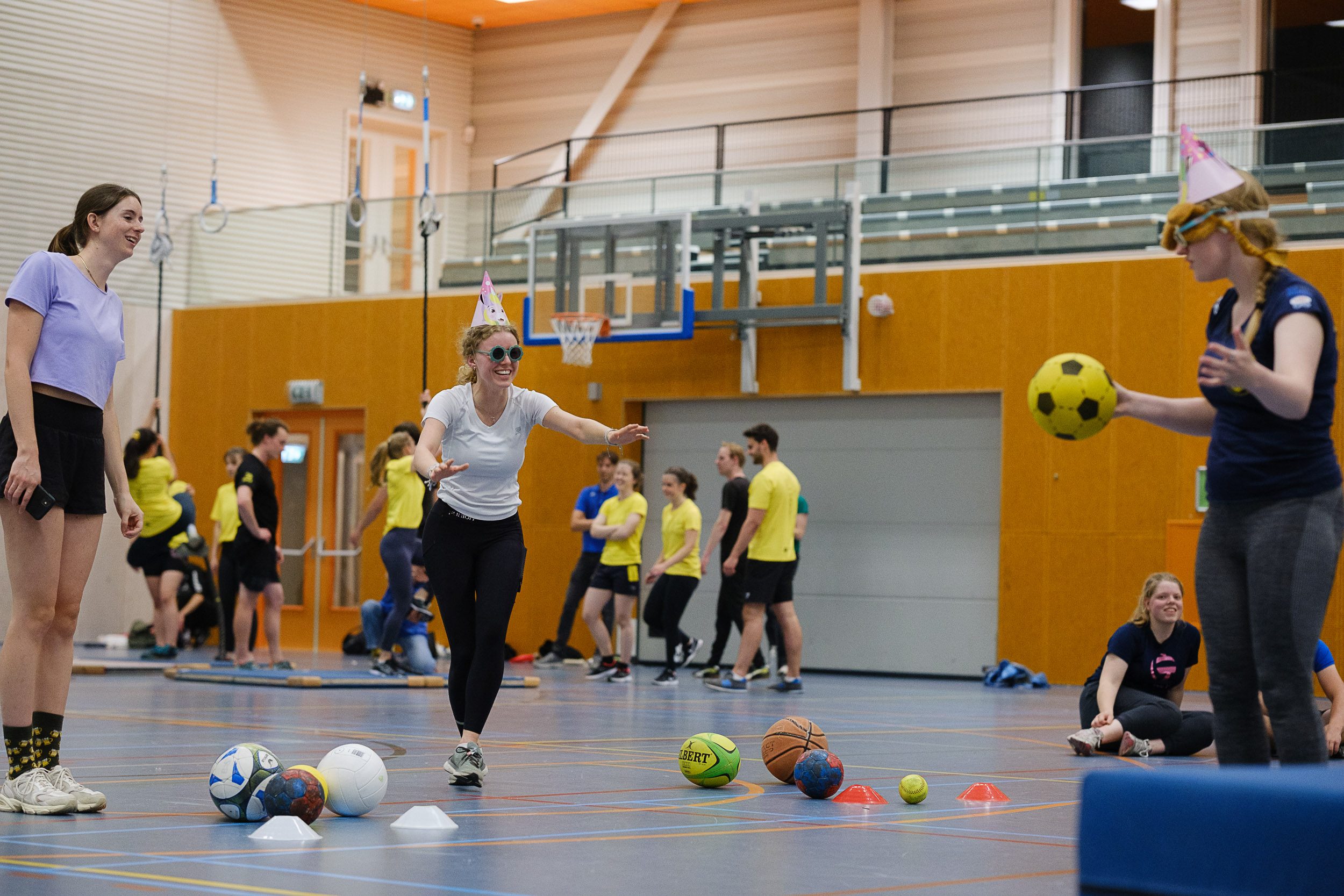Student athletes can breathe easy. They will not have to pay twice or three times their current fee for a sports card, as universities and clubs feared.
That is what Minister Bruins promised the critical House of Representatives. He will not enforce his policy for the time being, as he had failed to foresee the effects of his new policy.
The policy states that public funds may not go towards private activities, as this would disrupt the private market. Hence, the minister sent a stricter interpretation of this rule to the education sector a month ago.
Enforcing this rule would cause students to have to pay market prices for sports facilities. That could raise the price for a sports membership to as much as 700 euros, instead of the current 200 euros, UNL stated last week. Students started protests and called on politicians to keep sports affordable in a petition.
Positive effect on mental health
The House of Representatives debated the issue on Wednesday afternoon. The topic of the debate was officially mental health in young adults, but all parties agreed that sports are an important factor.
Minister Bruins changed his mind immediately following critical questions. He agreed wholeheartedly with the House that sports are essential to youngsters’ academic success, social contacts and students’ mental health. He had not considered that many things would increase in price, Bruins said. His intent was simply to clarify the policy.
What about cultural activities?
Sandra Beckerman of the SP thought this somewhat quixotic. She called for a faster, definitive solution: make an exception for student sports. However, the coalition partners supported Bruins in his desire to first get a clear view of the consequences for students and education. The minister suggested he is open to an official exception, but only if all students are able to enjoy the facilities. ‘Can students at secondary professional schools use the facilities? That question should be included in the conversation.’
All sorts of other student activities, such as drama, music, dance and cabaret, are often indirectly subsidised by the education institutes. For example, by waiving the fees for renting practice or performance locations. Whether Bruins’ promise to refrain from enforcing the policy applies to cultural activities also remained unclear.

 Thymos Sports Night. Photo Guy Ackermans
Thymos Sports Night. Photo Guy Ackermans